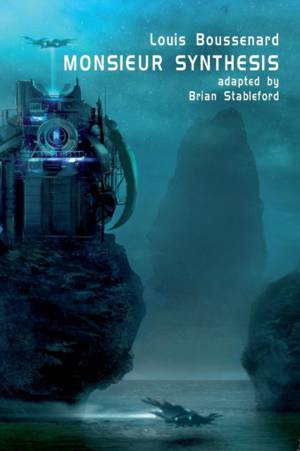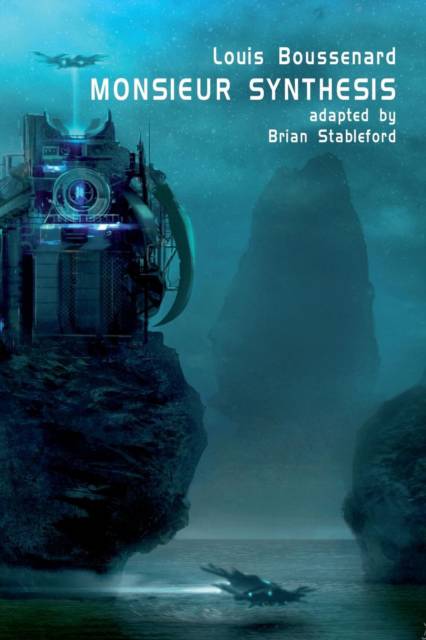
- Afhalen na 1 uur in een winkel met voorraad
- Gratis thuislevering in België vanaf € 30
- Ruim aanbod met 7 miljoen producten
- Afhalen na 1 uur in een winkel met voorraad
- Gratis thuislevering in België vanaf € 30
- Ruim aanbod met 7 miljoen producten
Zoeken
Omschrijving
Louis Boussenard's two most memorable novels were The Secrets of Monsieur Synthesis (1888) and its sequel, Ten Thousand Years in a Block of Ice (1889). In the former, we are introduced to the title character, the eponymous "Monsieur Synthesis," a mad scientist who seeks to control the evolution of Man and modify the orbit of the Earth. In the second volume, Monsieur Synthesis wakes up from ten thousand years of hibernation in a future where Earth is now inhabited by the Cerebrals, little men gifted with huge mental powers, descended from the Chinese and the Africans. Monsieur Synthesis remains an intriguing transitional link between the kind of exotic roman scientifique that Verne had just created and the kind that was about to be pioneered by H. G. Wells -- the eponymous character's attempt to play god by employing a method of accelerated evolution to produce a perfected human being being quite close in its imaginative spirit to Wells. Boussenard's depiction of future human evolution is more ambitious than anything that had previously been attempted in French literature.
Specificaties
Betrokkenen
- Auteur(s):
- Uitgeverij:
Inhoud
- Aantal bladzijden:
- 388
- Taal:
- Engels
Eigenschappen
- Productcode (EAN):
- 9781612271613
- Verschijningsdatum:
- 30/03/2013
- Uitvoering:
- Paperback
- Formaat:
- Trade paperback (VS)
- Afmetingen:
- 152 mm x 229 mm
- Gewicht:
- 566 g

Alleen bij Standaard Boekhandel
+ 73 punten op je klantenkaart van Standaard Boekhandel
Beoordelingen
We publiceren alleen reviews die voldoen aan de voorwaarden voor reviews. Bekijk onze voorwaarden voor reviews.











